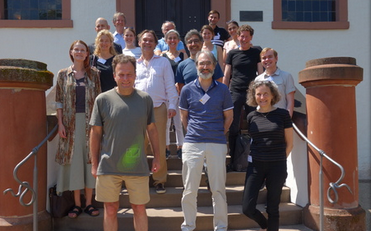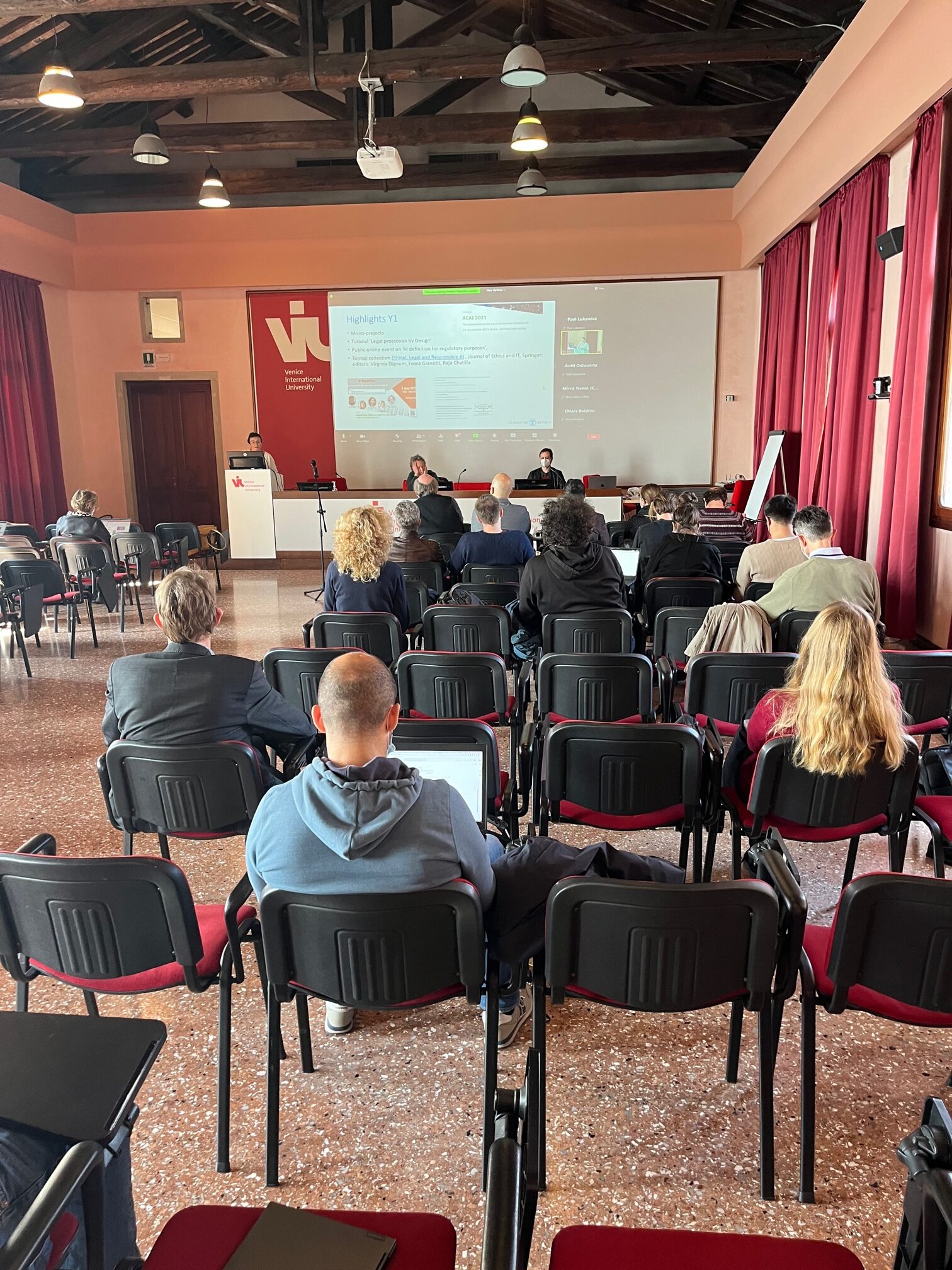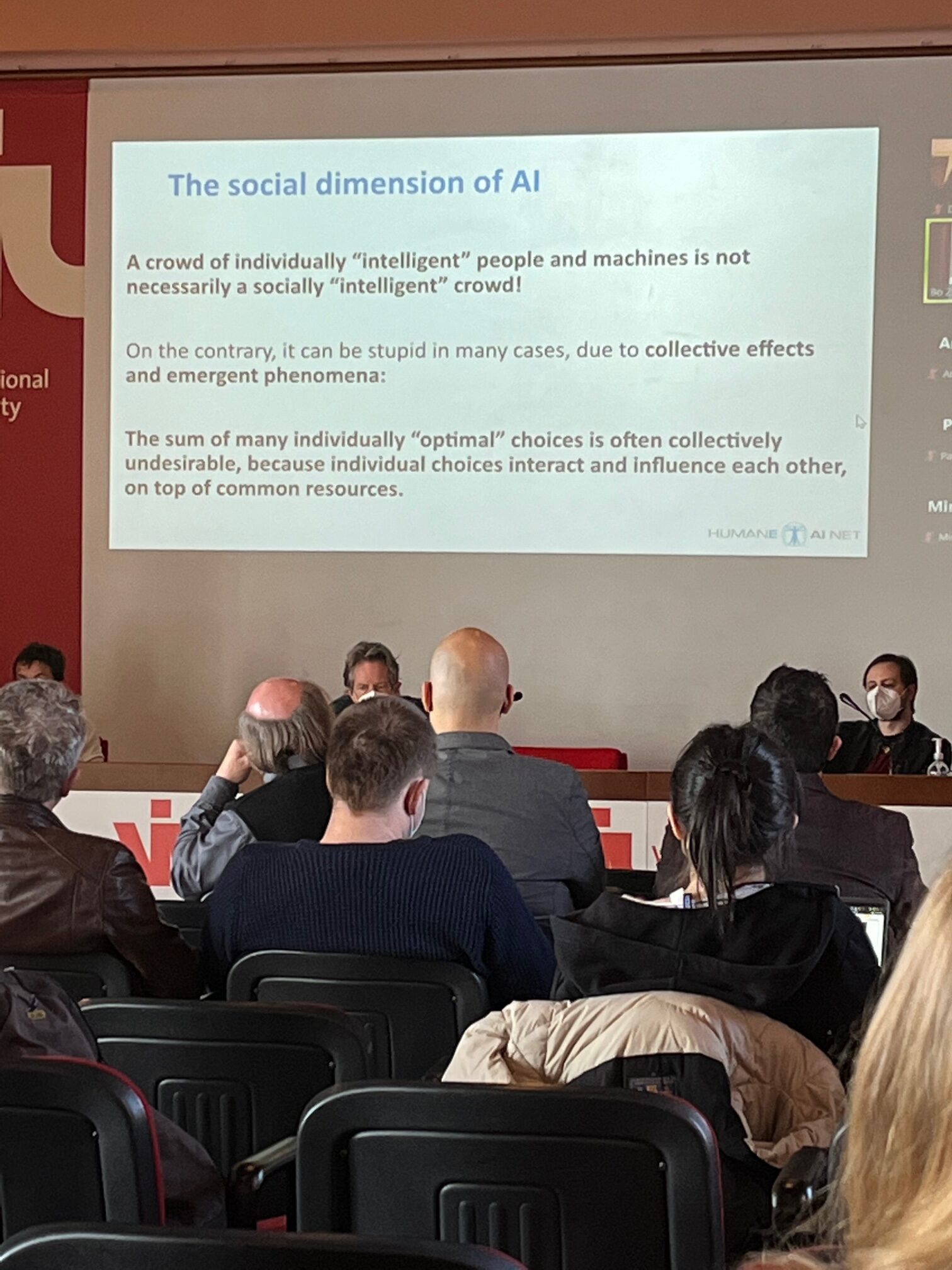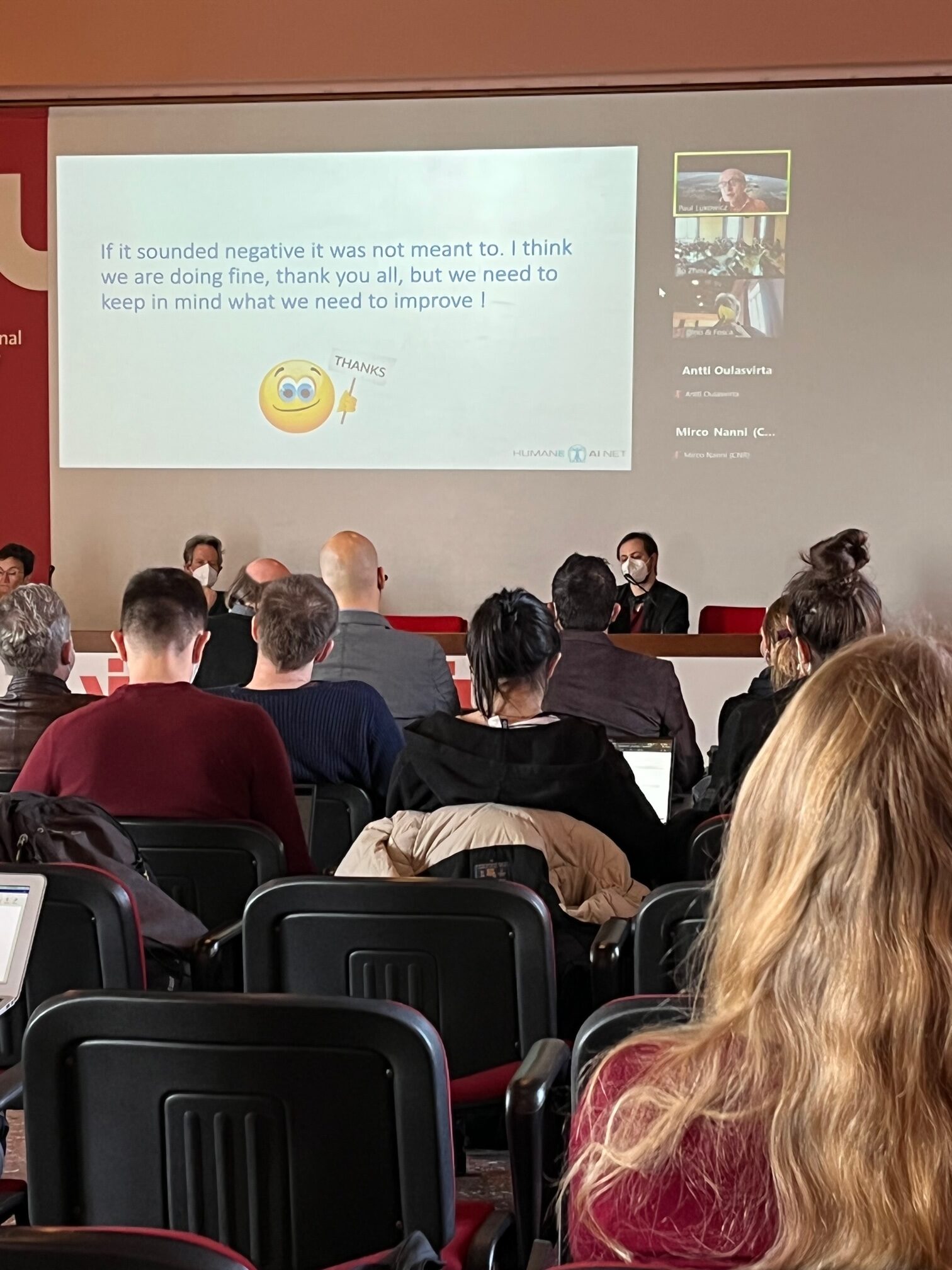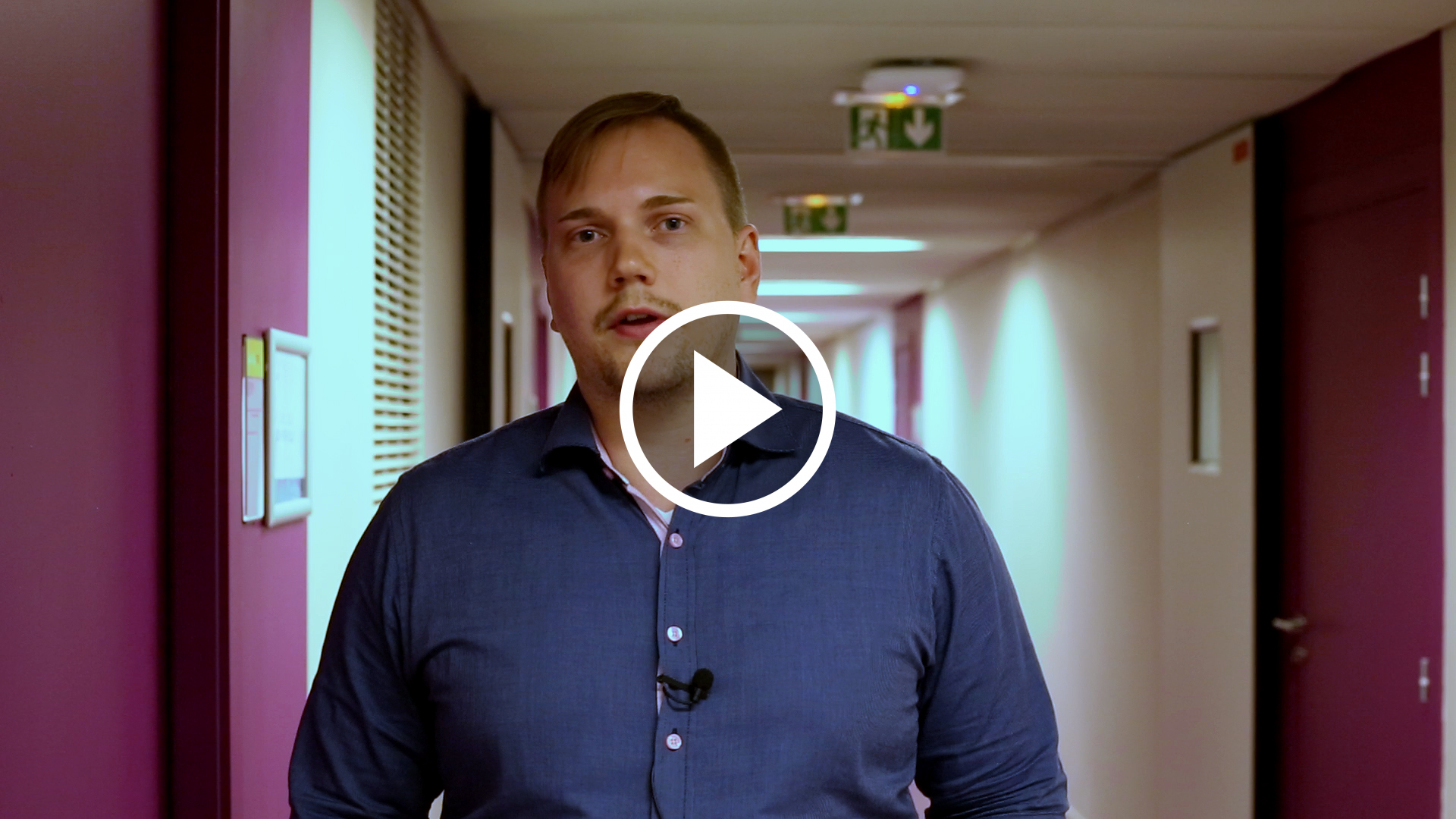| ID | Microproject producing the dataset (linked to HAI Net page) | Description | Link short text |
| TL-001 | TMP-001 | labelling tool repository | link |
| TL-002 | TMP-003 | This repository contains the implementation of the model presented in the paper “Modelling Concept Drift in Dynamic Data Streams for Recommender Systems”. | link |
| TL-003 | TMP-004 | C# code to run for the geometry friends human-ai collaboration study. | link |
| TL-004 | TMP-005 | The code of the ABM can be found in this repository | link |
| TL-005 | TMP-008 | Program/code: Crowdnalysis Python package | link |
| TL-006 | TMP-009 | Interpretable Fair Abstaining Classifier | link |
| TL-007 | TMP-010 | chatbot code | link |
| TL-008 | TMP-012 | Open source tool for training ASR models for dysarthic speech: The repository contains: A baseline recipe to train a TDNN-CNN hybrid model based ASR system, this recipe is prepared to be trained on the TORGO dataset. And an end-to-end model using ESPnet framework prepared to be trained on UASpeech dataset. | link |
| TL-009 | TMP-016 | Program/code: Python library: Moving targets via AIDDL | link |
| TL-010 | TMP-018 | Mass Media Impact on Opinion Evolution in Biased Digital Environments: a Bounded Confidence Model | link |
| TL-011 | TMP-025 | Methods and Tools for Causal Discovery and Causal Inference | link |
| TL-012 | TMP-031 | Meta-control decision-making experiment | link |
| TL-013 | TMP-037 | Discovery Framework (program/code) | link |
| TL-014 | TMP-037 | 2Experiments | link |
| TL-015 | TMP-039 | Program/code: TrueLearn Model | link |
| TL-016 | TMP-039 | Program/code: Semantic Networks for Narratives | link |
| TL-017 | TMP-044 | EvalSubtitle: tool for reference-based evaluation of subtitle segmentation | link |
| TL-018 | TMP-051 | Backend code | link |
| TL-019 | TMP-053 | patent under review for FPGA based prototype | link |
| TL-020 | TMP-055 | The base game | link |
| TL-021 | TMP-055 | The extended game | link |
| TL-022 | TMP-057 | python package providing grey box NLP model to assist qualitative analysts | link |
| TL-023 | TMP-058 | Package page at Python Package Index | link |
| TL-024 | TMP-059 | Source code comes with tool-like scripts to convert any collection of dialogs to a dialog flow automatically. | link |
| TL-025 | TMP-059 | The code repository for long-context ASR is public | link |
| TL-026 | TMP-065 | A software library to help analyze crowdsourcing results (2024) | link |
| TL-027 | TMP-071 | Web-Services library | link |
| TL-028 | TMP-082 | Prototype implementation | link |
| TL-029 | TMP-083 | T-KEIR | link |
| TL-030 | TMP-083 | erc-unibo-module | link |
| TL-031 | TMP-084 | SynSemClass 3.5 browser | link |
| TL-032 | TMP-089 | A bundle to replicate a simulation with SUMO over Milano with 15k vehicles and 40% routed ones | link |
| TL-033 | TMP-090 | dataset | link |
| TL-034 | TMP-091 | Implementation in Pytorch of the Iterative Local Refinement (ILR) algorithm | link |
| TL-035 | TMP-094 | Self Hyper-parameter tunning | link |
| TL-036 | TMP-095 | Contributed to a computational theory called POSG, a multi-agent framework for human-AI interaction | link |
| TL-037 | TMP-096 | repo with the code used to build and study the datasets | link |
| TL-038 | TMP-097 | Github link of the code of the simulator for the new dynamic model | link |
| TL-039 | TMP-099 | Program/code: Recurrent neural network codes | link |
| TL-040 | TMP-101 | Program/code: Proactive Behavior Generation – Open Source System – | link |
| TL-041 | TMP-101 | Program/code: Playground, Jupyter Notebook / Google Colab | link |
| TL-042 | TMP-104 | CKR Datalog Rewriter | link |
| TL-043 | TMP-107 | Website demo | link |
| TL-044 | TMP-107 | Services for claim identification and the retrieval engine | link |
| TL-045 | TMP-107 | Service for the text simplification | link |
| TL-046 | TMP-108-TMP-034 | SAI Simulator for Social AI Gossiping | link |
| TL-047 | TMP-109 | Pest control game demo | link |
| TL-048 | TMP-109 | The Pest Control Game experimental platform | link |
| TL-049 | TMP-113 | Prototype of a dialogue system that deliberates on top of the social context, in which the dialogue scenarios are easy to author. | link |
| TL-050 | TMP-114 | prototype | link |
| TL-051 | TMP-120 | Diurnal Patterns in the Spread of COVID-19 Misinformation on Twitter within Italy | link |
| TL-052 | TMP-124 | Trustworthiness of Voting Advice Applications in Europe | link |
| TL-053 | TMP-126 | Code for audio data collection | link |
| TL-054 | TMP-126 | Code for end-to-end response generation | link |
| TL-055 | TMP-130 | VLD Series Viewer | link |
| TL-056 | TMP-133 | X5Learn Platform | link |
| TL-057 | TMP-133 | TrueLearn Codebase | link |
| TL-058 | TMP-133 | TrueLearn Python library | link |














